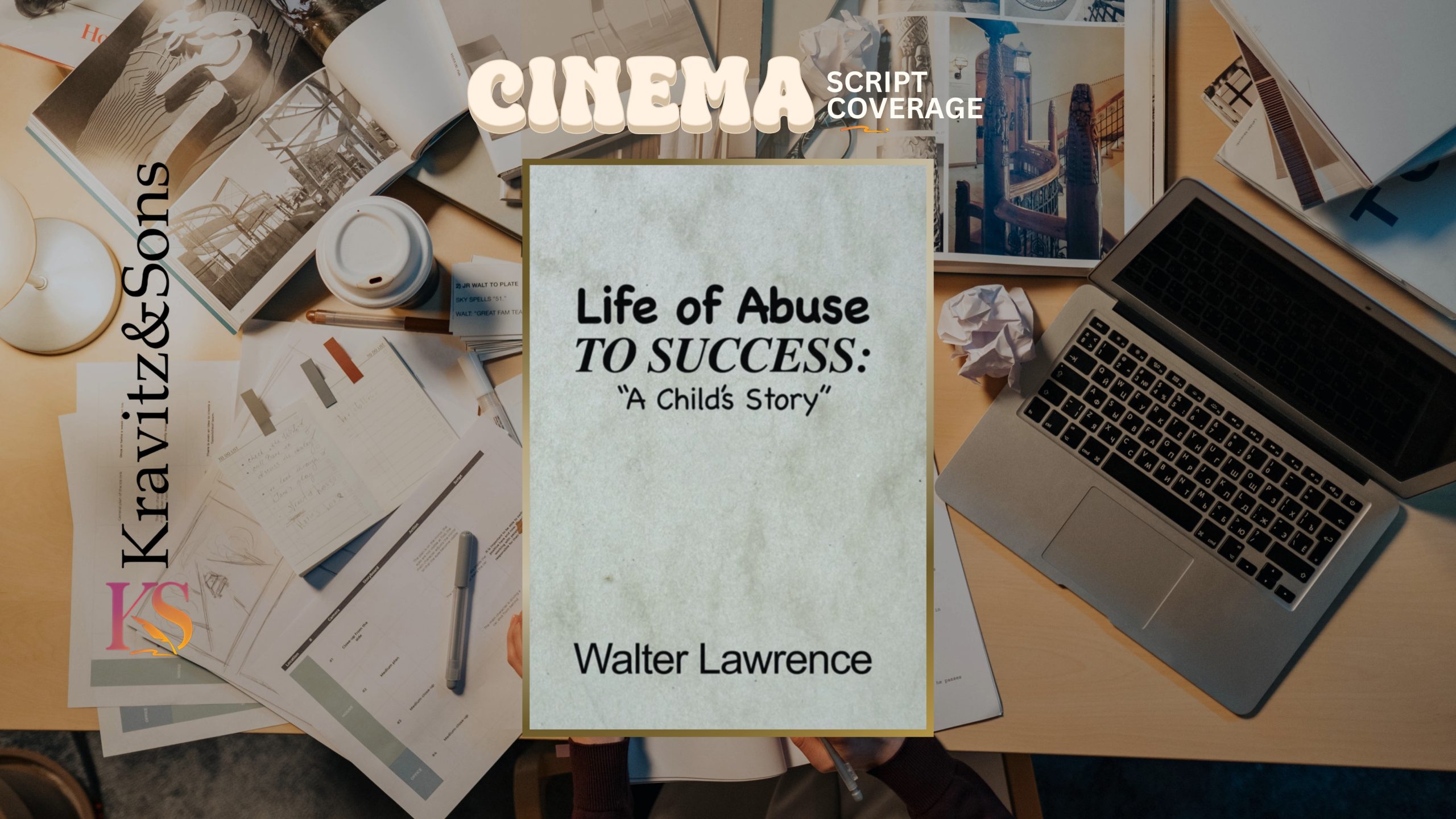
There’s a boy on a city sidewalk, no older than six. He’s not playing. He’s working—fishing coins from subway grates while the world rushes by like he’s invisible. That’s the first frame. And from that moment on, you know—this isn’t just a story. It’s a survival.
Life of Abuse to Success by Walter Lawrence is more than a memoir. It’s a quiet, brutal triumph. Beneath its raw chapters lies a heartbeat that never flatlines: the stubborn, silent will to keep going. Walter doesn’t sell his pain for sympathy. He just lays it down, one sharp memory at a time. And through all the noise—abandonment, betrayal, buried children, ghosted affections—you start to hear something else: resolve. His life is a long, rough song, and somehow, he never stops singing.
There’s a moment—simple, quick, but it hits like a punch. Walter’s mother, now aged and fading, looks at him and says, “How nice you turned out.” It’s not an apology. Not even recognition. But in that line lives the full weight of everything she doesn’t know—and everything he survived anyway. He doesn’t correct her. He doesn’t need to. That silence? That’s closure.
If this story were a film, it wouldn’t need explosions or speeches. It would live in the details: the sound of a belt whipping air, the dim fluorescent hum of a juvenile shelter, the soft flutter of butterfly wings in a rare, peaceful moment. Walter’s journey plays out like a visual hymn of emotional endurance. The arc isn’t flashy—it’s honest. Trauma doesn’t resolve in a clean beat. It lingers. And so does Walter. Through every lost job, every severed relationship, every haunting (literal and metaphorical), he keeps inching toward a life that looks like healing.
This isn’t a redemption arc in the usual sense. It’s not rise and conquer. It’s bend and don’t break. We follow Walter from shattered childhood to aching adulthood, and then finally to something rare—an earned peace. And it’s all shot in tones that bleed: think The Pursuit of Happyness fused with the emotional weight of Moonlight. This isn’t about grandeur. It’s about grace under fire. It’s cinematic in its restraint.
What makes it urgent—why this story matters now—is that it offers no fantasy. Just a reality too many know but too few survive. This is what happens when someone lives through generational trauma and decides not to pass it on. In a world obsessed with noise and extremes, Walter’s story whispers the loudest truth: you can carry pain without becoming it.
This would sing as a limited series. Each episode could breathe, walk with him, let us see how scars form, and what it looks like to live with them without letting them define you. The mother-son dynamic could anchor the spine, or his relentless search for a love that doesn’t hurt could chart the course. Either way, there’s a deep, visual rhythm to this life—one that’s begging for the right lens.
In the end, Life of Abuse to Success is about a man who had every reason to fall apart—and didn’t. It’s a story that doesn’t scream its message. It simply exists, firm and unshaken. And in that, it’s more powerful than a hundred redemption arcs stitched together.
This is the kind of story that leaves a mark—not with fireworks, but with fire.
Kravitz and Sons isn’t just looking for stories—we’re looking for impact.
And this one? This one could echo through screens and stay with us long after the final frame.

